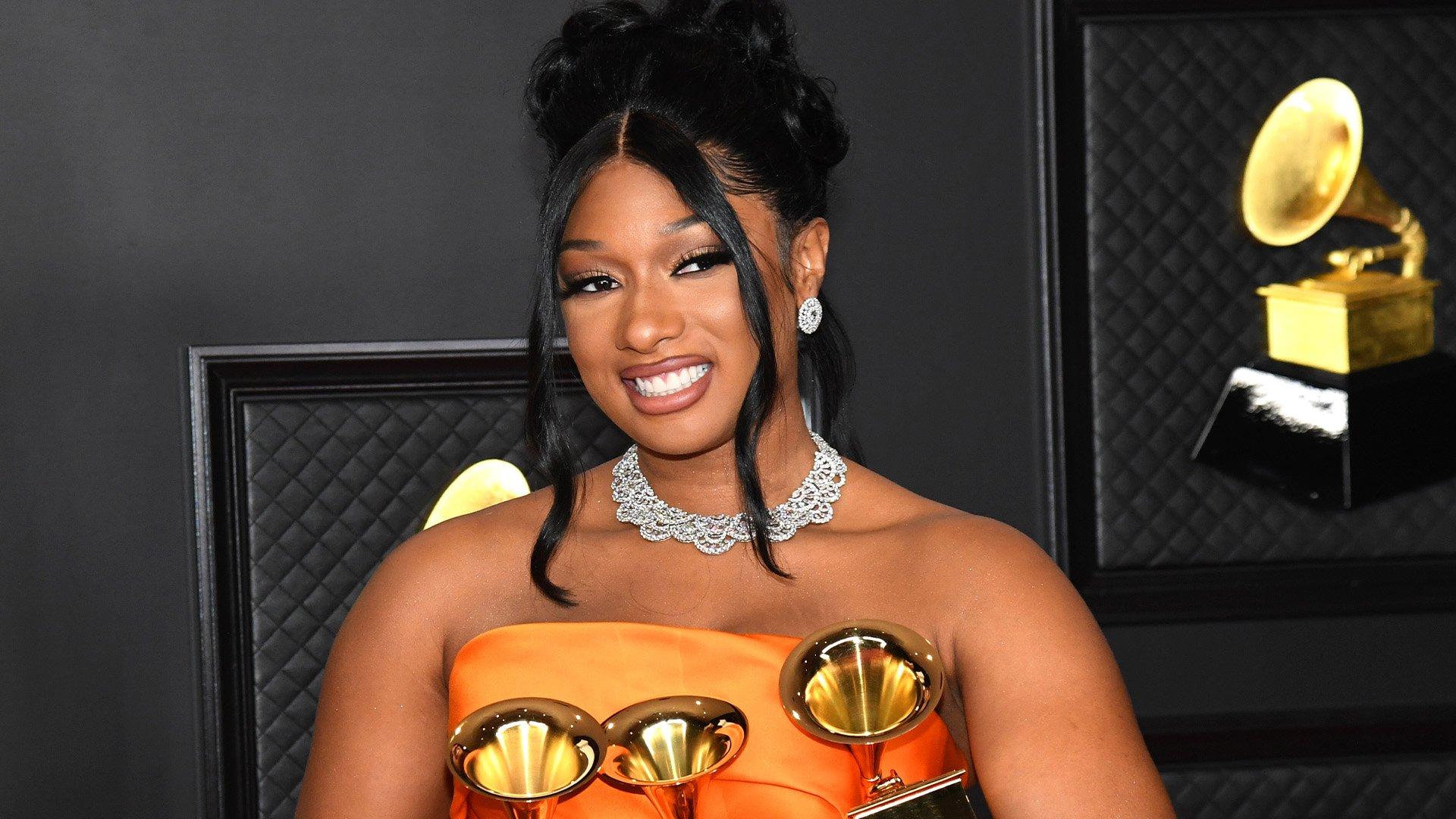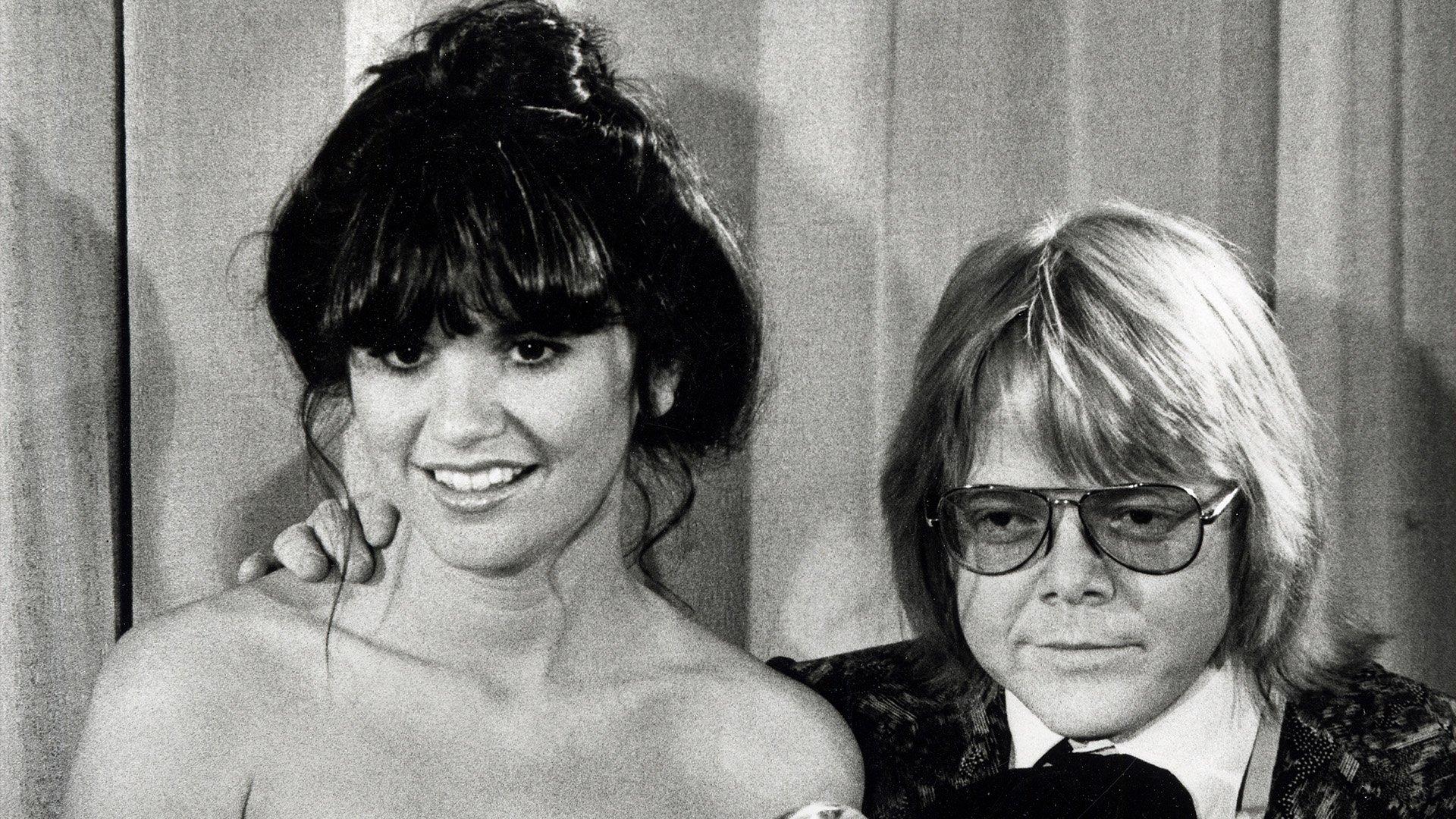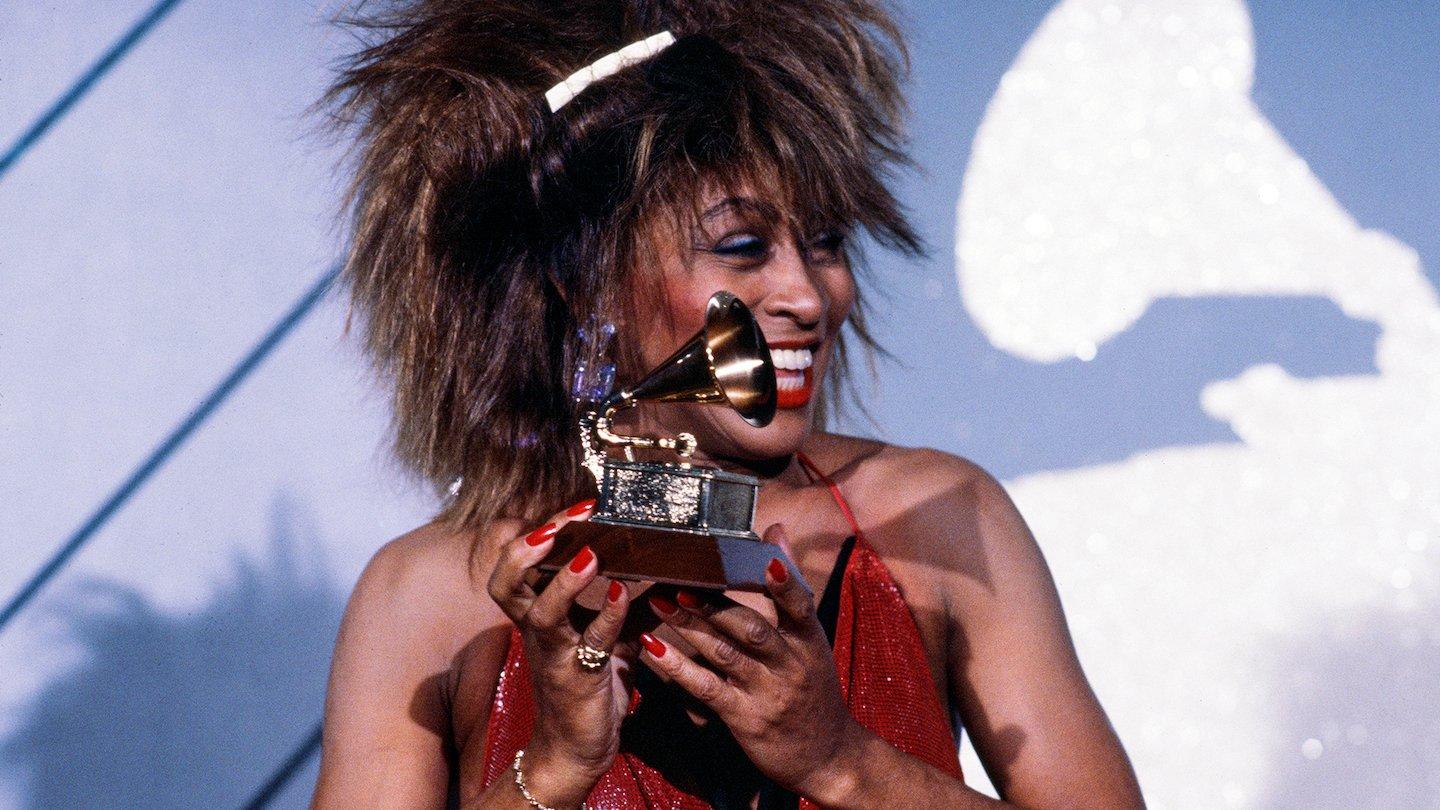(For a list of 54th GRAMMY Awards nominees, click here.)
Music's Biggest Night, the 54th Annual GRAMMY Awards, will air live from Staples Center in Los Angeles on Sunday, Feb. 12 at 8 p.m. ET/PT on CBS.
In the weeks leading up to the telecast, we will take a stroll down music memory lane with GRAMMY Rewind, highlighting the "big four" categories — Album Of The Year, Record Of The Year, Song Of The Year, and Best New Artist — from past awards shows. In the process, we'll examine the winners and the nominees who just missed taking home a GRAMMY, while also shining a light on the artists' careers and the eras in which the recordings were born.
Join us as we take an abbreviated journey through the trajectory of pop music from the 1st Annual GRAMMY Awards in 1959 to last year's 53rd Annual GRAMMY Awards.
20th Annual GRAMMY Awards
Feb. 23, 1978
Album Of The Year
Winner: Fleetwood Mac, Rumours
Eagles, Hotel California
Steely Dan, Aja
James Taylor, JT
John Williams, Star Wars — Motion Picture Soundtrack
In a race between five albums that climbed the top of the Billboard 200 in 1977, Fleetwood Mac took home Album Of The Year gold as the GRAMMYs turned 20. Rumours soared to No. 1 on the Billboard 200 and garnered the group two additional nominations in 1977, including Best Arrangement For Voices for "Go Your Own Way." Fellow West Coasters the Eagles and Steely Dan also gained nods — the latter would win for Album Of The Year for Two Against Nature in 2001. Taylor didn't leave empty-handed that year as his cover of Jimmy Jones' 1959 "Handy Man," from JT, won for Best Pop Vocal Performance, Male. The force was with Williams, who garnered his first award two years prior for the soundtrack to Jawsand has won an impressive 21 GRAMMYs to date.
Record Of The Year
Winner: Eagles, "Hotel California"
Debby Boone, "You Light Up My Life"
Crystal Gayle, "Don't It Make My Brown Eyes Blue"
Linda Ronstadt, "Blue Bayou"
Barbra Streisand, "Love Theme From A Star Is Born (Evergreen)"
In a category dominated by female nominees, the Eagles, garnering nominations in three of the four General Field categories, won Record Of The Year for the title track off their best-selling album Hotel California. Written by Don Felder, Glenn Frey and Don Henley, the song reached the top of the Billboard Hot 100 in 1977 and was inducted into the GRAMMY Hall Of Fame in 2003. Boone made her GRAMMY debut with "You Light Up My Life," which claimed the No. 1 spot on the Billboard Hot 100 for 10 weeks in 1977. Gayle received a nomination for "Don't It Make My Brown Eyes Blue," and would win the lone GRAMMY of her career for Best Country Vocal Performance, Female. Ronstadt was recognized for "Blue Bayou" and has gone on to win 10 GRAMMY Awards to date, spanning the Children's, Country, Pop, and Latin Fields. Streisand, who was honored as the 2011 MusiCares Person of the Year last February, earned her third of five Record Of The Year nods with "Love Theme From A Star Is Born (Evergreen)." The track appeared on the No. 1 soundtrack to 1976's A Star Is Born, a film that cast Streisand alongside fellow GRAMMY winner Kris Kristofferson.
Song Of The Year
Winners: Debby Boone, "You Light Up My Life"; Barbra Streisand, "Love Theme From A Star Is Born (Evergreen)"
Glen Campbell, "Southern Nights"
Eagles, "Hotel California"
Crystal Gayle, "Don't It Make My Brown Eyes Blue"
Carly Simon, "Nobody Does It Better"
Streisand shared honors with Boone's hit in a rare GRAMMY tie for Song Of The Year, teaming with songwriter/singer/actor Paul Williams to write "Love Theme From A Star Is Born (Evergreen)." Boone's "You Light Up My Life" was written by Joe Brooks for the 1977 film of the same name. Also garnering a nod was Campbell's "Southern Nights," written by Recording Academy Trustees Award recipient Allen Toussaint. Country songwriter Richard Leigh picked up a nomination for Gayle's "Don't It Make My Brown Eyes Blue," and won for Best Country Song. Leigh also penned the Dixie Chicks' "Cold Day In July," from the Chicks' 1999 GRAMMY-winning Best Country Album Fly. Simon's "Nobody Does It Better," crafted by 1974 Best New Artist winner Marvin Hamlisch and fellow GRAMMY winner Carole Bayer Sager, was recognized. The song was recorded for the 1977 James Bond film The Spy Who Loved Me. Such a lovely place, "Hotel California" rounded out the nominees. The classic song began as an instrumental demo by Felder.
Best New Artist Of The Year
Winner: Debby Boone
Stephen Bishop
Shaun Cassidy
Foreigner
Andy Gibb
Boone earned Best New Artist honors amid a uniquely diverse group of artists. Contenders Bishop, Cassidy and Gibb scored their only nominations at the 20th Annual GRAMMY Awards. Teen idol Cassidy performed "That's Rock & Roll" on the show, which reached No. 3 on the Billboard Hot 100. Bishop gained prominence in the '70s as a songwriter, helping pen tunes for artists such as the Four Tops, Chaka Khan and Streisand. Gibb, the younger brother of the Bee Gees' Barry, Maurice and Robin Gibb, went on to record several Top 10 hits, including "I Just Want To Be Your Everything" and "Shadow Dancing." Foreigner, led by founding member/guitarist Mick Jones, also made the grade. The band went on to receive two additional GRAMMY nominations, including Best Pop Performance By A Duo Or Group With Vocal for the No. 1 hit "I Want To Know What Love Is" in 1984.
Come back to GRAMMY.com Jan. 19 as we revisit the 25th Annual GRAMMY Awards. Meanwhile, visit The Recording Academy's social networks on Facebook and Twitter for updates and breaking GRAMMY news.







